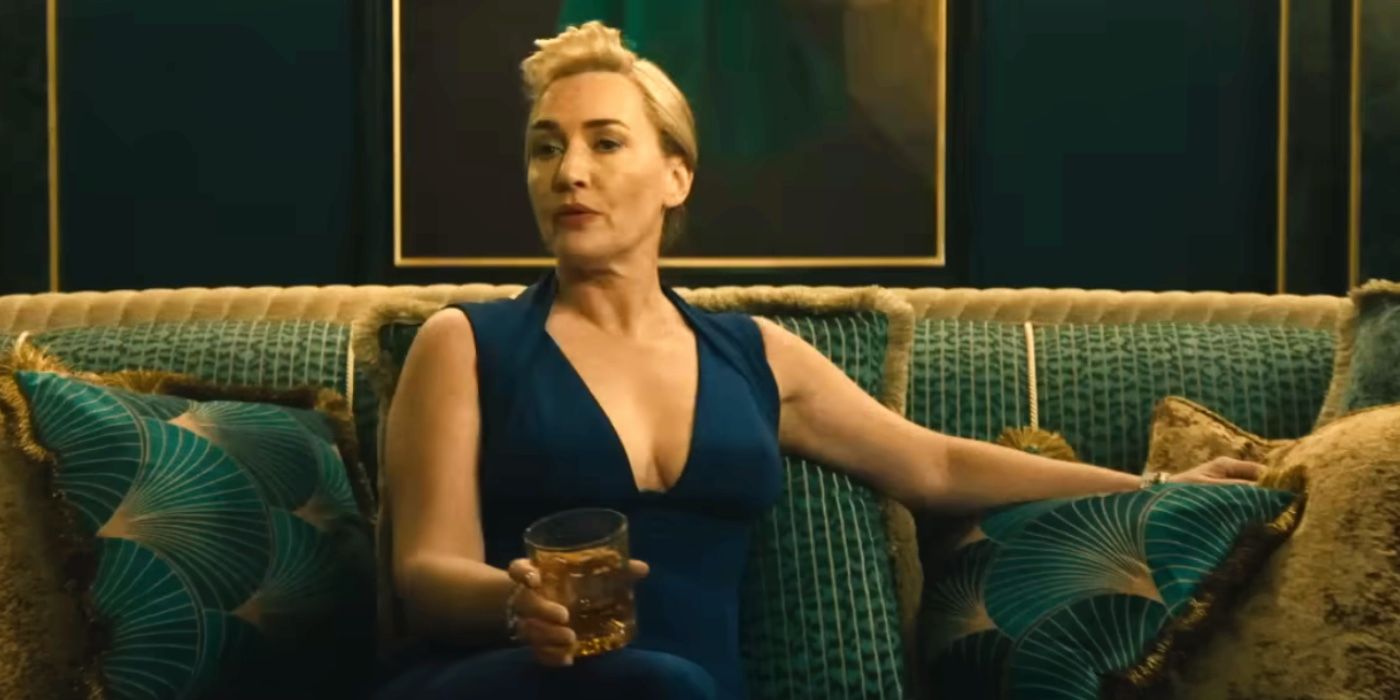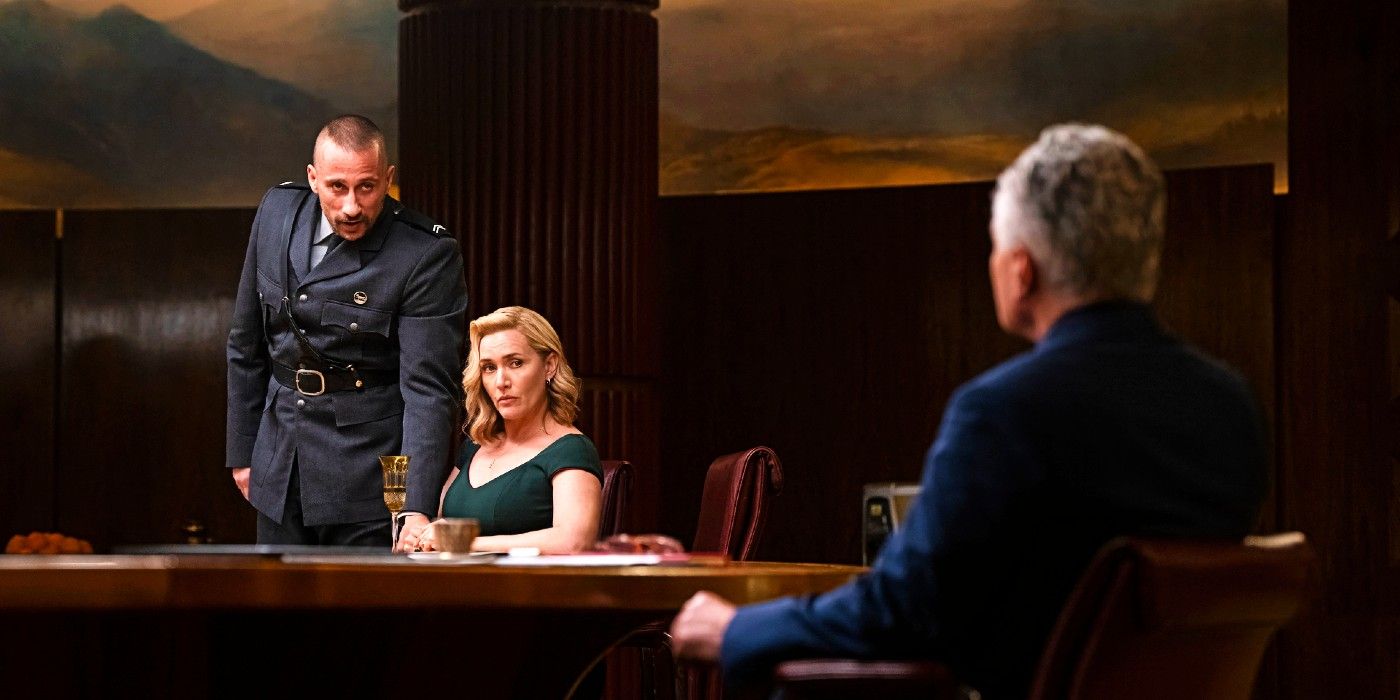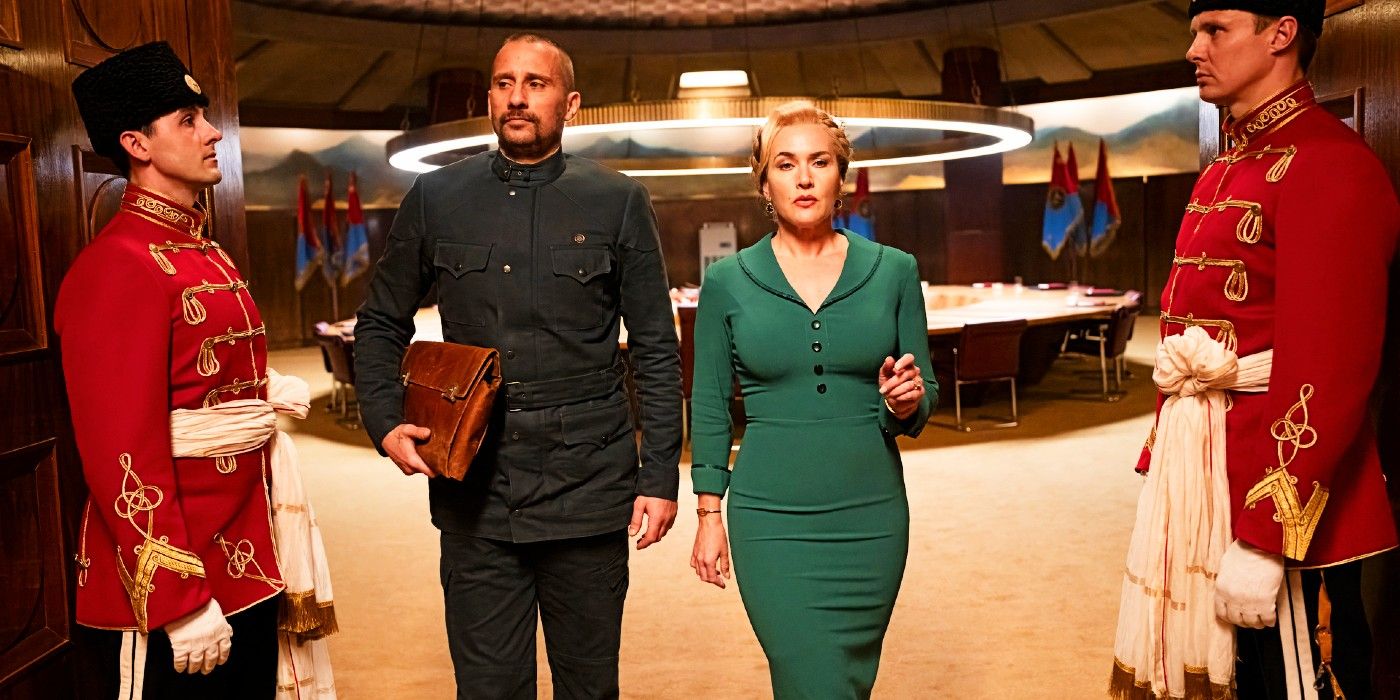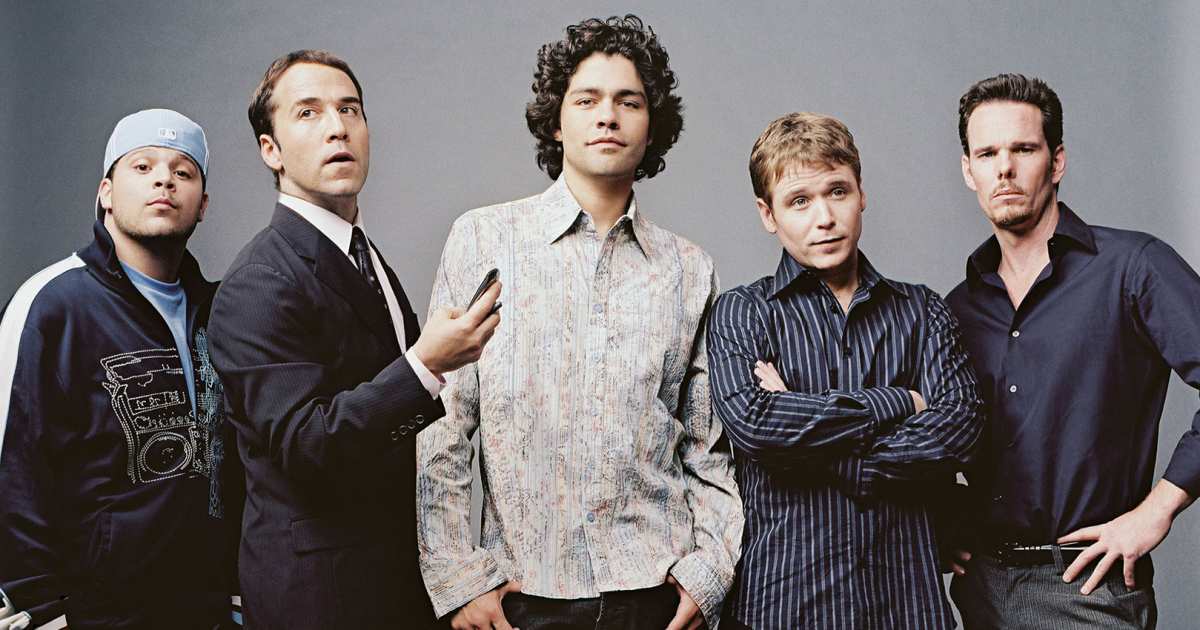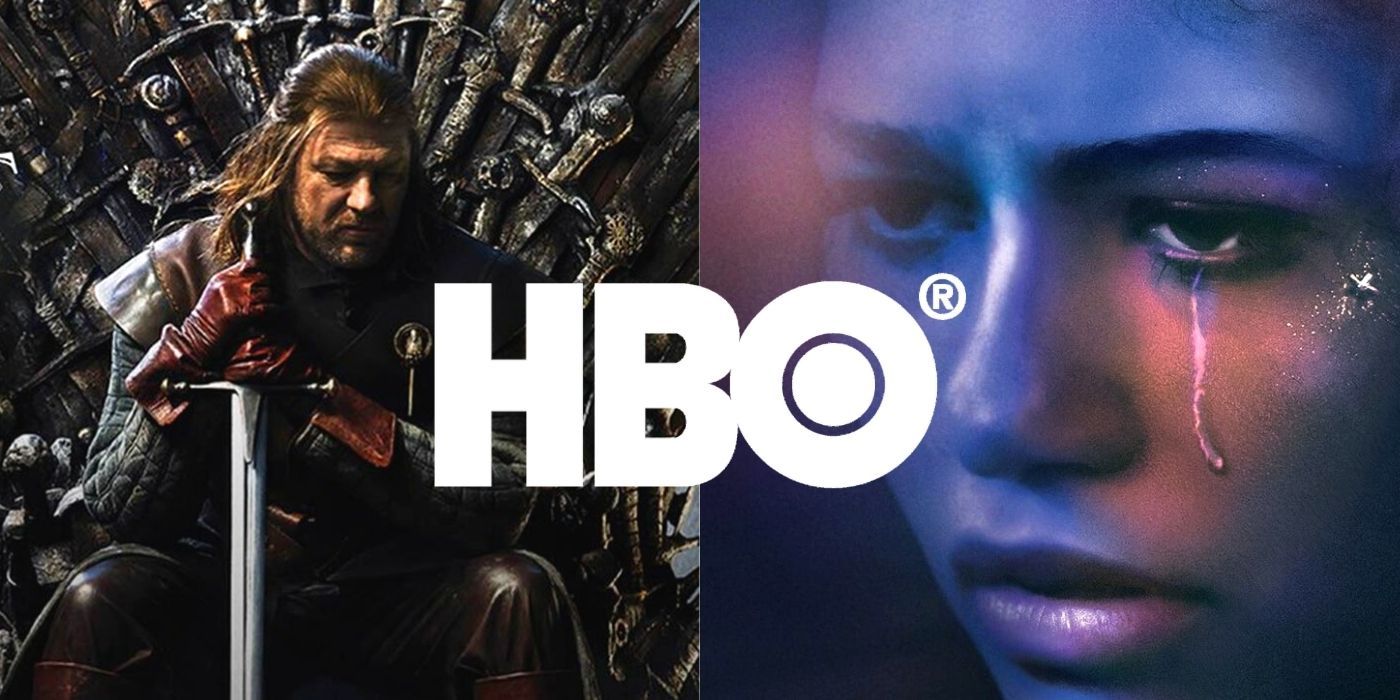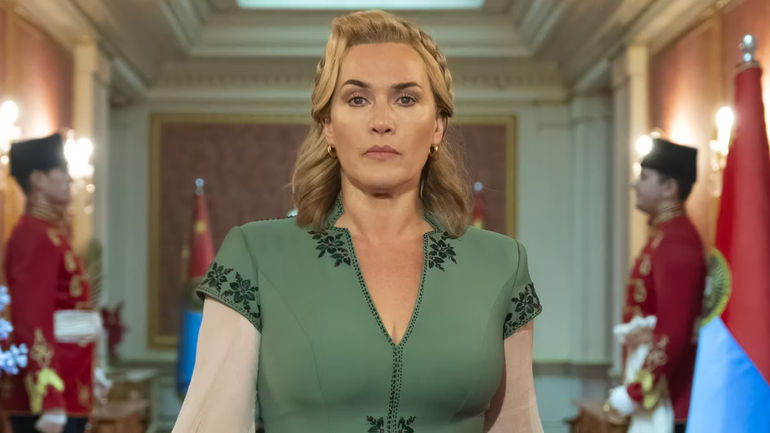
Exploring the Setting of HBO's The Regime: Country, Location, and Inspirations Revealed

Delve into the intriguing world of The Regime as episode 1 sets the stage with a captivating mystery waiting to be unraveled.
WARNING! Spoilers ahead for Episode 1 of HBO's The Regime!
In HBO's 2024 political satire series The Regime, details about the fictional country's name, location, and history are left intentionally vague. Despite this, viewers may notice some similarities to real-world events within the narrative. The show, created by Will Tracy, follows Chancellor Elena Vernham, portrayed by Kate Winslet, as she navigates a tumultuous year. The story begins with an increasingly paranoid Elena isolating herself in the palace, avoiding leaving for extended periods. As Elena seeks to expand her power and develops a connection with soldier Herbert Zubak, the stability of the nation and her leadership come under threat.
The Regime Episode 1 Carefully Avoids Naming The Country That Elena Rules
The first episode of The Regime focuses on introducing key characters and providing subtle hints about Elena's rise to power, concerns about air quality, and the possibility of forming alliances with American businesses. While the premiere episode sets the stage for intrigue surrounding Elena's leadership, the biggest mystery lies in the undisclosed name and location of the country in which the series is set. Despite being a fictional place, The Regime cleverly draws parallels to real-world politics and authoritarian regimes to offer a satirical commentary on global affairs.
Kate Winslet holding a drink in The Regime - The Regime Episode 1 Carefully Avoids Naming The Country That Elena Rules
In HBO's The Regime episode 1, Kate Winslet's character is portrayed as the Chancellor of a European nation. However, the show cleverly keeps the name of the country she leads a mystery. For example, Elena's husband, Nicholas, mentions in an interview that even though he was born in France, "here" is his home because of Elena. Additionally, Elena's speeches to her country's citizens never directly mention the nation's name. Instead, she uses words like "we" and "across the nation" to avoid revealing their country and nationality. While countries like the United States, France, and China are mentioned, the specific nation in The Regime remains undisclosed.
The choice to conceal the country’s name is interesting, especially since the show has already established that it is a fictional nation. The country’s distinct red and blue flag, slogans, and national emblem are prominently featured in The Regime’s premiere. This decision to keep the name hidden adds a comical and slightly frustrating element to the show. Overall, it seems like The Regime is using this strategy to uphold the illusion that the story and unnamed nation could plausibly exist in real-world politics.
New episodes of The Regime release Sundays at 9 p.m. ET on HBO and Max.
The Regime's Fictional Country Is A Small Central European Nation In The Mountains
Matthias Schoenaerts and Kate Winslet in a government briefing in The Regime. - The Regime's Fictional Country Is A Small Central European Nation In The Mountains
The location of The Regime is not clearly stated by the creators, but it is hinted to be in "Middle Europe." The opening scene shows a palace surrounded by mountains, suggesting that the nation is in a mountainous region. Kate Winslet's character describes the country as a "young, small Central European republic" when talking about business deals with the Americans in episode 1.
Various context clues help pinpoint the location of The Regime's country. For example, it is known for its cobalt mines and sugar beet as the official vegetable. In real life, Finland is known for cobalt mining, while Russia is the top sugar beet producer. The fact that The Regime was filmed in Austria suggests that the country is likely situated near Switzerland or Germany. These geographical details add to the mystery of the country's exact location within the fictional geopolitics of the show.
The Regime's Political Satire Shares Similarities To Various Real-Life World Leaders & Nations
kate winslet and matthias schoenaerts walking out of a briefing room in the regime - The Regime's Political Satire Shares Similarities To Various Real-Life World Leaders & Nations
The Regime, despite not being based on true events, seems to draw inspiration from various real-life political figures, countries, and incidents. Chancellor Elena Vernham, the nation's leader in The Regime, shares similarities with leaders from countries like Germany and Austria, where the title of chancellor is commonly used. In one episode, a man breaks into Elena's room and sits on her bed, resembling a real-life event when Michael Fagan intruded into Queen Elizabeth II's bedroom in Buckingham Palace in 1982.
According to the New York Times, The Regime creator Will Tracy looked into leaders from countries such as Syria, Romania, and Russia to create his own tyrannical character. Although Tracy did not specify the exact inspirations for The Regime, some similarities can be seen with names and events related to European leaders like Romania's Nicolae Ceausescu and Russia's Vladimir Putin. However, it is important to note that while The Regime may take some inspiration from history, it is ultimately a work of political satire and not a true story.
Source: New York Times
Editor's P/S:
The Regime presents an intriguing and thought-provoking premise by intentionally leaving the name and location of its fictional country vague. This clever strategy allows viewers to draw parallels with real-world events and authoritarian regimes, inviting them to contemplate the broader implications of political power and the human condition. The show's creators have skillfully crafted a narrative that both entertains and challenges audiences to reflect on the nature of leadership and the dangers of unchecked authority.
Despite the show's fictional setting, its characters and events resonate with real-world political dynamics. By grounding the story in a recognizable but undisclosed context, The Regime effectively satirizes the excesses and absurdities of modern politics without directly targeting any specific nation or leader. This approach ensures that the show's message remains relevant and universal, transcending geographical boundaries to explore the complexities of human nature and the fragility of democracy.
